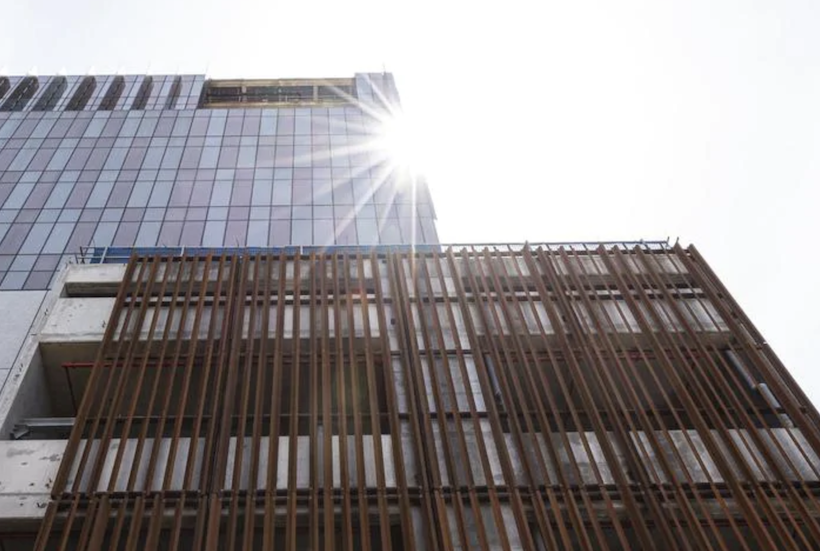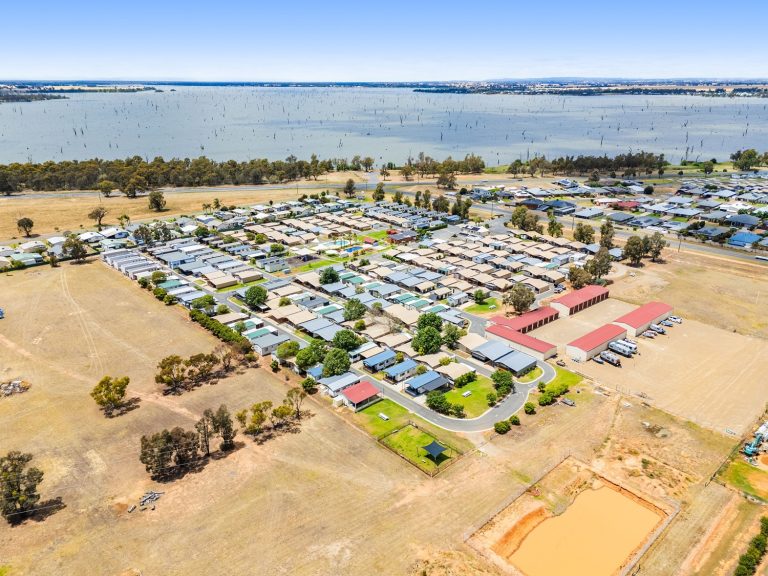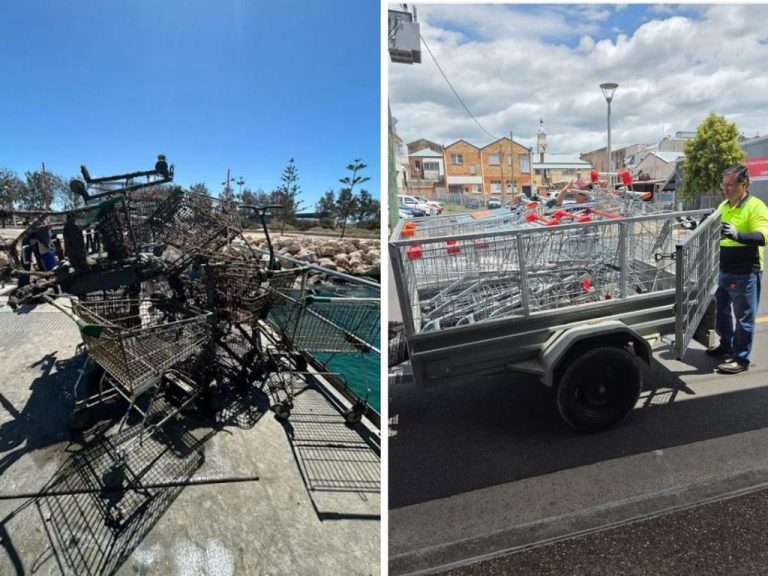Grocon loses Collingwood building contract which could cost the developer $28m

Grocon’s woes have deepened, with the developer of a twin tower project in Melbourne’s Collingwood terminating the builder’s contract and claiming losses on the site could hit $28m.
The move by the Liberman-family backed Impact Investment Group came after Grocon last week called in administrators KordaMentha to dormant construction entities.
Grocon had hoped to carve out the $111m Northumberland project, its last in Melbourne, and a $730m Sydney project called The Ribbon, from the administration.
However it’s now been slugged by the developer’s termination, and by claims it owes Impact $20m and subcontractors about $8m.
Grocon owner Daniel Grollo said he was “bitterly disappointed” that Grocon would not be able to finish the Northumberland project. Seven Grocon employees at Collingwood would be made redundant.
The move could complicate KordaMentha’s job, as Grocon had hoped to “ring fence” its remaining projects from the administration process, which affects 39 entities.
It could see entities associated with the Collingwood project also fall into administration.
It may also put pressure on the Sydney hotel project, where Chinese-backed developer Greaton has been reviewing its relationship with Grocon.
Despite the worries, Mr Grollo has been preparing for life without his building arm and has set up a series of new corporate entities.
He is working with advisers Deloitte on a proposal that would see the 39 entities in administration restructured, and see some of the $60m he owes creditors repaid.
Much hinges on the company‘s $270m lawsuit against the NSW government over its treatment at the harbourside Central Barangaroo project, where Grocon claims state body Infrastructure NSW has treated it unconscionably.
Mr Grollo is separately backing build-to-rent projects in Sydney and Melbourne, with the backing of Singapore‘s sovereign fund, but is not building them.
The exit from the Collingwood project is a particularly bitter blow for Grocon, which at its height built some of Melbourne’s most famous towers.
It also pits elements of the city’s wealthy Liberman and Grollo clans against each other.
While Grocon’s situation remains uncertain, Impact wants to complete the twin tower Collingwood scheme, which is backed by wealthy investors.
The project had been blighted by staff turnover and the impact of the coronavirus, which stalled works, along with issues over the payment of subcontractors.
In a letter to contractors on the Melbourne site, obtained by The Australian, Impact told them that it would continue on the project but it could not move ahead with Grocon. It has lined up three alternative builders and hopes to have one in place by the end of the year.
“Grocon owes contractors around $8 million and we are going to be left more than $20 million out of pocket,” Impact said. Grocon has countered that it has not been paid since May, although that is disputed by the developer.
The letter said it was “alarming” to see media reports on the extent of the challenges facing Grocon. “It has been particularly disappointing to read that it prioritised creating new entities over delivering on existing obligations,” the letter said.
Impact said that while the Grocon companies placed in administration did not relate to Northumberland, the builder had effectively ceased work on the site months ago. Remaining site staff were terminated on Thursday morning.
Impact pointed to the difficulties Grocon faces in trying to finish the stalled project as a fights to stay afloat.
“Even after calling in the administrators Grocon wanted to continue with the project, while at the same time advising us that they had no money to contribute towards the cost overruns to complete the project or to pay subcontractors for works performed and for which we have already paid Grocon,” Impact said.
Impact’s letter said it had asked Grocon to pay subcontractors first and warned that insurance bonds on the project “go nowhere near covering the shortfall left by Grocon”. It added the funds were being held by Impact’s lenders and far more investment would be needed.
This article originally appeared on www.theaustralian.com.au/property.







